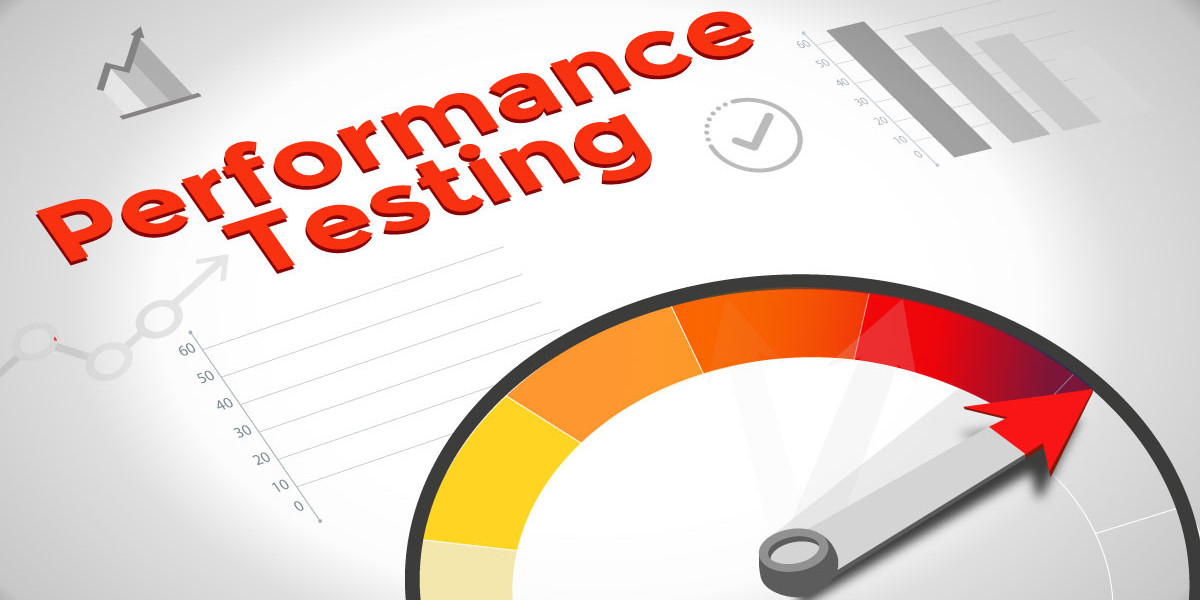Introduction:
Embarking on a clinical research course is a significant step toward a rewarding career in the healthcare industry. Whether you're just starting your journey or looking to advance your skills, proper preparation can make a substantial difference in your learning experience and career outcomes. This comprehensive guide provides a step-by-step approach to help you prepare effectively for a clinical research course, focusing on the essential aspects and guidance you need.
Understanding the Importance of Guidance in Clinical Research Courses
Before diving into the preparation steps, it's crucial to grasp the importance of guidance in clinical research courses. These courses are designed to equip aspiring clinical researchers with the knowledge, skills, and practical experience needed to conduct and manage clinical trials effectively. Guidance ensures that learners understand regulatory requirements, ethical considerations, data management, and the intricacies of clinical research methodologies.
Step 1: Research and Choose the Right Course
The first step in preparing for a clinical research course is to research and choose the right program. Consider the following factors:
- Accreditation and Reputation: Look for courses offered by reputable institutions or organizations known for their quality education in clinical research.
- Curriculum and Course Structure: Review the curriculum to ensure it covers essential topics such as clinical trial design, regulatory affairs, ethics, data analysis, and good clinical practice (GCP) guidelines.
- Mode of Delivery: Decide whether you prefer online courses, in-person classes, or a blended learning approach based on your schedule and learning style.
- Cost and Financial Aid Options: Evaluate the cost of the course and explore financial aid opportunities, scholarships, or employer sponsorship programs if applicable.
Step 2: Assess Prerequisites and Prepare Academically
Once you've selected a course, assess any prerequisites and prepare academically:
- Educational Background: Review the course requirements and ensure you meet any educational prerequisites, such as a bachelor's degree in a related field (biology, pharmacy, medicine, etc.).
- Foundational Knowledge: Brush up on foundational knowledge in biology, statistics, and medical terminology, as these subjects are often fundamental to understanding clinical research concepts.
- Language Proficiency: If the course is offered in a language other than your native language, consider improving your language proficiency to facilitate comprehension and academic success.
Step 3: Familiarize Yourself with Regulatory and Ethical Guidelines
Regulatory compliance and ethical considerations are central to clinical research. Familiarize yourself with:
- International Guidelines: Understand key regulations and guidelines such as International Council for Harmonisation (ICH) GCP guidelines and local regulatory requirements (FDA, EMA, etc.).
- Ethical Principles: Learn about ethical principles governing clinical research, including respect for autonomy, beneficence, non-maleficence, and justice.
- Informed Consent Process: Gain an understanding of the informed consent process and its importance in protecting research participants' rights and welfare.
Step 4: Develop Practical Skills and Experience
Practical skills are crucial for success in clinical research. Consider the following:
- Internships or Volunteering: Seek opportunities for internships or volunteering in clinical research settings to gain hands-on experience and exposure to research methodologies.
- Data Management: Familiarize yourself with data management tools and software commonly used in clinical trials, such as electronic data capture (EDC) systems.
- Critical Thinking and Problem-Solving: Develop critical thinking and problem-solving skills essential for analyzing research data and addressing challenges in clinical trials.
Step 5: Network and Connect with Industry Professionals
Networking can provide valuable insights and opportunities in clinical research:
- Professional Associations: Join professional associations such as the Association of Clinical Research Professionals (ACRP) or Society for Clinical Research Sites (SCRS) to connect with industry professionals and access resources.
- Conferences and Workshops: Attend conferences, workshops, or webinars related to clinical research to stay updated on industry trends and expand your professional network.
- LinkedIn and Online Forums: Use LinkedIn and online forums to connect with peers, mentors, and potential employers in the clinical research field.
Step 6: Prepare Mentally and Emotionally
Preparing for a clinical research course also involves mental and emotional readiness:
- Time Management: Develop effective time management skills to balance coursework, assignments, and practical experiences effectively.
- Resilience: Clinical research can be challenging and demanding. Cultivate resilience and a growth mindset to navigate obstacles and setbacks along the way.
- Commitment to Lifelong Learning: Embrace a commitment to lifelong learning and professional development to stay current with advancements in clinical research and related fields.
Step 7: Set Clear Goals and Expectations
Set clear goals and expectations for your clinical research course:
- Career Objectives: Define your career objectives and how the course aligns with your long-term career goals in clinical research.
- Learning Outcomes: Identify specific learning outcomes you wish to achieve, such as gaining expertise in clinical trial management or advancing your understanding of regulatory affairs.
- Personal Development: Consider personal development goals, such as improving communication skills or enhancing leadership abilities within the research setting.
Step 8: Prepare Your Study Environment
Create a conducive study environment to optimize your learning experience:
- Workspace: Designate a quiet and organized study space free from distractions, equipped with necessary resources such as textbooks, notebooks, and a computer.
- Technology: Ensure you have access to reliable internet connectivity and necessary software for online courses or research activities.
- Support System: Inform family members, friends, or colleagues about your study commitments and seek their support in maintaining a conducive study environment.
Step 9: Review Course Materials and Resources
Before starting your clinical research course, review course materials and available resources:
- Course Syllabus: Familiarize yourself with the course syllabus, learning objectives, and assessment methods to understand what to expect throughout the course.
- Textbooks and Readings: Obtain required textbooks and recommended readings in advance to start familiarizing yourself with course content.
- Online Platforms: Access and explore online learning platforms or course management systems where course materials, lectures, and assignments may be posted.
Step 10: Stay Motivated and Engaged
Finally, stay motivated and engaged throughout your clinical research course:
- Active Participation: Actively participate in discussions, group activities, and practical exercises to enhance your learning experience and interact with peers.
- Seek Feedback: Seek feedback from instructors, mentors, or peers to identify areas for improvement and clarify any doubts or questions you may have.
- Reflect and Adapt: Continuously reflect on your learning journey, adapt study strategies as needed, and celebrate milestones and achievements along the way.
Conclusion
Preparing for a clinical research course requires thorough planning, dedication, and readiness to embrace the challenges and opportunities in the field of clinical research. By following this step-by-step guide, you can enhance your readiness, maximize your learning experience, and pave the way for a successful career in clinical research. Remember, each step contributes to your overall preparation and sets the foundation for future growth and achievements in this dynamic and rewarding field.







